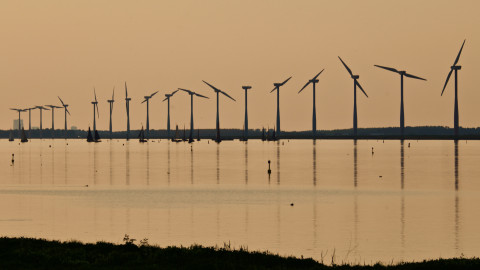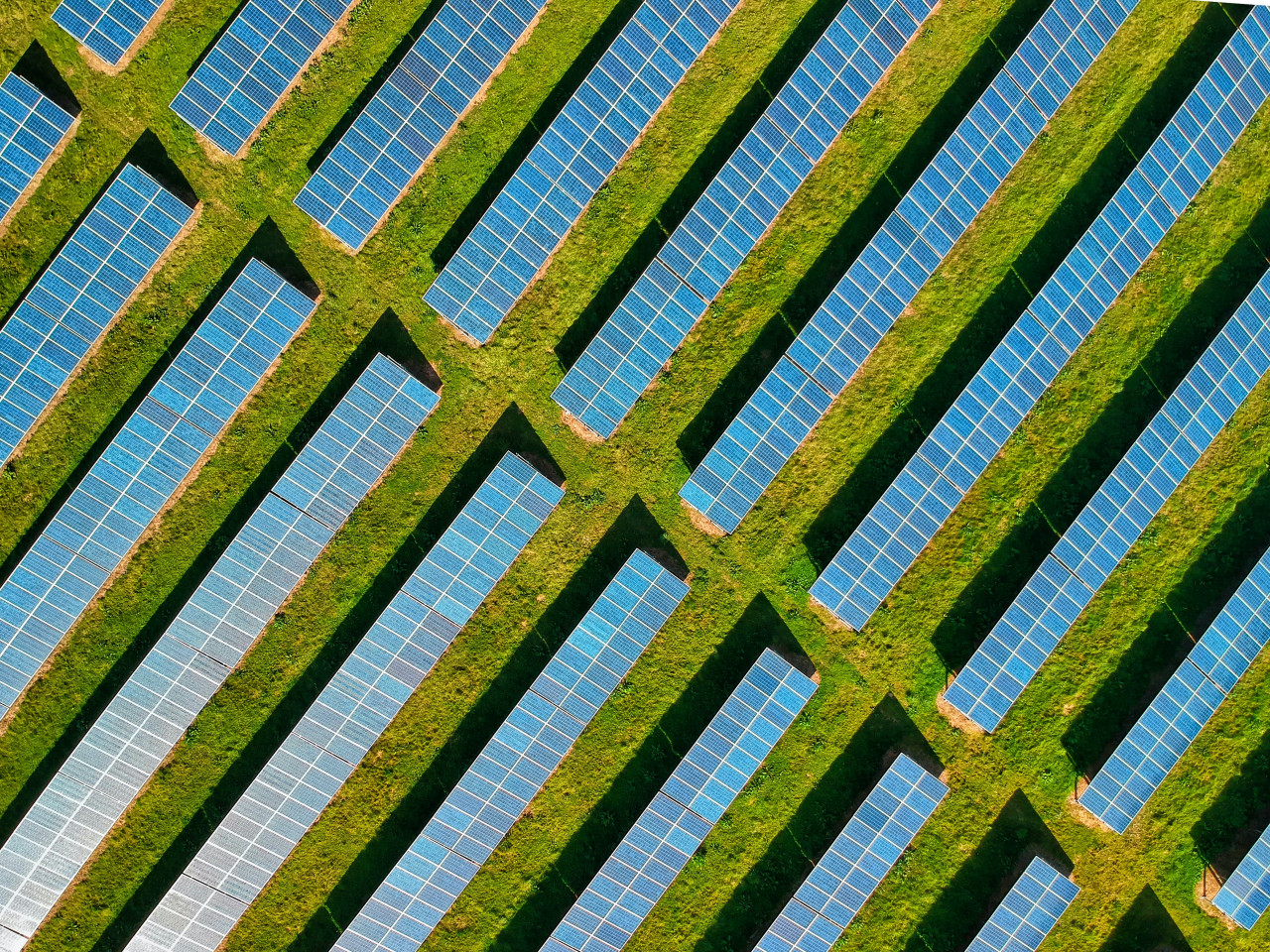Stellantis announced it would buy 21 percent in Chinese EV company Leapmotor for $1.6 billion. In addition, the two companies have formed a joint venture that will hold exclusive rights to manufacture, export and sell Leapmotor's products outside China, with Stellantis holding 51 percent equity. Stellantis CEO Carlos Tavares told reporters having a Chinese partner would make it easier to succeed in the Middle Kingdom. Volkswagen has similar thoughts: the German carmaker tied up with Xpeng in July.
Chinese companies, including Tesla supplier Ningbo Tuopu Group and technology company Shenzhen H&T Intelligent Control Co, will invest nearly $1 billion in the Mexican state of Nuevo Leon, home to Tesla's upcoming new factory, it emerged. Governor Samuel Garcia, who has been wooing EV companies and even pitched to India's Tata Group, announced the news in Shanghai on Wednesday. Ningbo Tuopu, maker of shock absorption products and other auto parts, is investing $700 million, while Shenzhen H&T will invest $260 million.
The European Commission has announced an action plan to support the continent's wind industry. Among the measures are increased financial support, scrutiny of subsidies received by foreign players, speeding up project awards, re-skilling of labor and the creation of an EU-wide treaty. Wind is central to the European Union's renewable energy plans: the bloc is looking to grow wind capacity to more than 500 GW by 2030 from 204 GW in 2022, as part of efforts to generate at least 42.5 percent of its power from renewable sources by 2030.
The Australian state of Victoria said it would invest $630 million to accelerate its transition to clean power. The planned investment is expected to generate 4.5 GW of new RE capacity in the state, which is targeting 2.6 GW of battery storage capacity by the end of this decade. Victoria wants to reach net zero by 2045, five years ahead of the Australian central government. In July, the state decided to ban natural gas connections to new houses from next year, as the gas sector accounts for 17 percent of its emissions.
New Zealand companies Meridian Energy and NZ Windfarms are forming a joint venture to expand the Te Rere Hau wind farm situated on the country's North Island. The $350 million project will add 39 new small turbines to the existing 91, taking the project's power generation capacity to as much as 170 MW. As part of their agreement, Meridian will sign a 15-year power purchase agreement with the project and buy a 20 percent stake in NZ Windfarms.
Also: New Zealand's Manawa Energy entered into a 50:50 partnership with Pioneer Energy to develop a 300 MW wind farm in southwest Otago. The project, estimated at $435-530 million, will require at least four years to turn operational.

Daily Shorts: Lexus EV with 1,000 km range, Japan and Denmark tie up on offshore wind, and more
Read More

